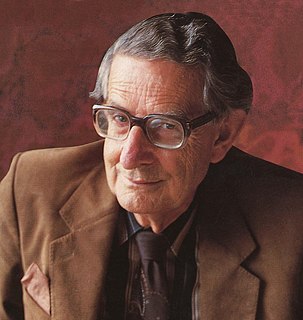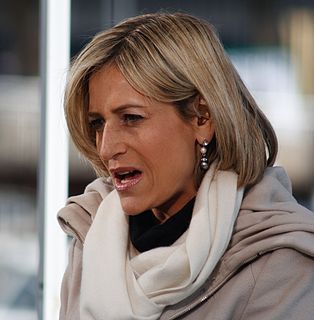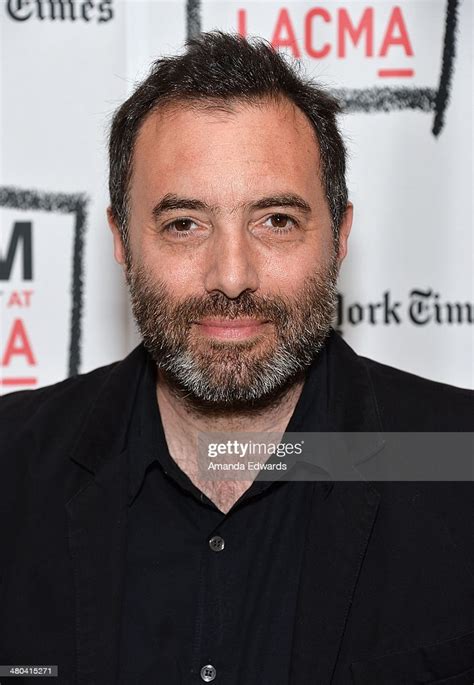A Quote by Ken Burns
I have come to the realization that history is not a fixed thing, a collection of precise dates, facts and events (even cogent commencement quotes) that add up to a quantifiable, certain, confidently known, truth. It is a mysterious and malleable thing.
Quote Topics
Related Quotes
I think I regard any history in quotes, because just like science, we're constantly revising science, we're constantly revising history. There's no question that various victors throughout history have flat out lied about certain events or written themselves into things, and then you come along and you find out that this disproves that.
A writer's job is not complete without attention to precision. What you're trying to be precise about is your relationship to the observed thing. And "observed thing" could include remembered thing, fantasized thing, fictionalized thing, recorded thing, trans-altered thing. It's the model that's in front of you or in your brain or your memory or whatever. So you're trying to be precise about what it is you're seeing because it's very unlikely that you're going to be able to depict it as it is.
I always felt that a scientist owes the world only one thing, and that is the truth as he sees it. If the truth contradicts deeply held beliefs, that is too bad. Tact and diplomacy are fine in international relations, in politics, perhaps even in business; in science only one thing matters, and that is the facts.
Truths emerge from facts, but they dip forward into facts again and add to them; which facts again create or reveal new truth (the word is indifferent) and so on indefinitely. The 'facts' themselves meanwhile are not true. They simply are. Truth is the function of the beliefs that start and terminate among them.
Propaganda tries first of all to create conditioned reflexes in the individual so that certain words, signs, or symbols, even certain persons or facts, provoke unfailing reactions...The important thing is that when the time is ripe, the individual can be thrown into action by the utilization of the psychological levers that have been set up.
[The scientist] believes passionately in facts, in measured facts. He believes there are no bad facts, that all facts are good facts, though they may be facts about bad things, and his intellectual satisfaction can come only from the acquisition of accurately known facts, from their organization into a body of knowledge, in which the inter-relationship of the measured facts is the dominant consideration.
Same thing for the bad guy. People were really after this guy Radovan Karadicz. But I came up with a combination of several people, who then became The Fox. That's who Simon Hunt and Duck are after. I did that so I could have freedom with what The Fox said and did, so that I didn't have to be stuck. Certain things I wanted to stay to the truth. Certain things I changed, and certain things are the facts.






































